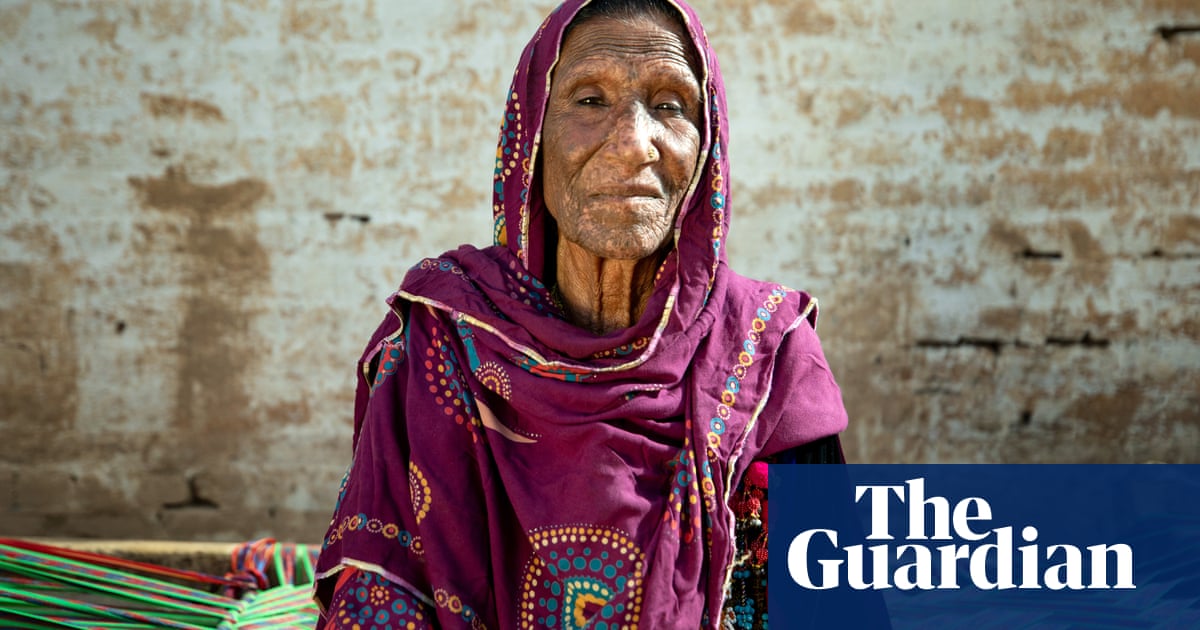
I was well into college the first time I heard the term “patriarchy,” but I instantly knew what it meant: I’d witnessed it at home for 18 years.
I saw it in the way my mother, a schoolteacher, cooked, cleaned, and cared for two sons while my father tended the television and gas-powered fireplace. I understood it in how he ran a small business though she minded the bank statements, another domestic duty in a glut of them. I heard it when he accused her of having an affair with a shaggy-haired peer, one of the few friends her packed schedule would allow. They were both raised by dominant women, forces of nature who made up for their faulty men. Their own relationship seemed a form of gender-relations revanchism, a way to restore an antiquated imbalance.
To be fair, the scenes described in Martina McBride’s Independence Day – released in 1994, the third real country radio hit for the Nashville singer – were little like what I saw at home. Sure, I heard slamming doors, heavy sobbing and sometimes terrifying yelling. But in McBride’s alternative American anthem, an alcoholic father repeatedly beats his wife, leaving her bruised and leading the eight-year-old narrator to flee the scene for a Fourth of July parade downtown. So Mom sets the place on fire, killing one or both of them. All we know is that McBride respects the righteousness of the escape, given the impossibility of the circumstances: “Let freedom ring, let the white dove sing / Let the whole world know that today is a day of reckoning,” she sings at the top of the chorus. Nearly three decades later, those words, belted over celebratory church bells and organ, make me gasp.
The mid-90s offered a short-lived boomlet of self-governing women in country music: in 1995, Shania Twain told the 12 million people who bought The Woman in Me about the rules her man must follow, chastising any cad looking for a quick lay. A year later, the tragic Mindy McCready ridiculed the dude who couldn’t deal with her desire for the occasional late night. But Independence Day was a declaration.
I grew up across a two-lane country road from my family’s mostly fallow farm in rural North Carolina. There was no cable television. During a sleepover at a friend’s house, we stayed up late watching Country Music Television, a luxury. I remember standing in her bedroom, stunned, when I saw the black-and-white clip for the first time, McBride belting the chorus beside an American flag. It was the first piece of protest music I ever loved.
I carried the sight and sound of Independence Day like a talisman into my teenage years, a private reminder that the worst parts of my family’s private life were indeed reprehensible. But the United States did with Independence Day what it does to songs that sound vaguely patriotic when there’s too little between your ears: we turned it into a jingoistic anthem, a la Springsteen’s Born in the USA. Sean Hannity made it a post-9/11 theme. Sarah Palin made it her campaign walk-on music. Its writer, the great Gretchen Peters, once thought the song was too dark to offer to other singers. For years, she wouldn’t play it in her own sets, exasperated that a tune about liberation had been co-opted by asinine oppressors.
Independence Day is, in fact, about the betrayal of several supposed American ideals: that we protect vulnerable people, that communities oust predators, that everyone has a fair shake at succeeding without being beaten for existing. The genius sting of the song and its video stems from McBride’s willingness to show us what’s lurking behind the flag. Seeing that in black-and-white as an 11-year-old country kid told me that whatever I felt at home was awful, real and not rare.
It is no wonder that women still struggle to be represented on the country charts – a song like Independence Day must have scared the hell out of the boys in Nashville. It fared decently on the charts, won two of country’s biggest awards and was nominated for two Grammys. What’s more, as Rolling Stone noted on its 25th anniversary, the song empowered a lot of women, giving them permission to leave deadbeat dads, men who beat them and those who abdicated domestic responsibilities because they believed a cultural lie about the role of the “fair sex”. Since then, maybe only the Chicks have had a hit that got close to its raw power.
Once again, to be fair, I cannot say I have fully emancipated myself from my parents’ pattern. I have never resolved these grievances with my folks, and I don’t expect it. I was, in my 20s, a low-grade Lothario. And now, creeping toward 40, I remain a sporadic housekeeper who sometimes gets too obsessed with the day’s writing assignment or running plan to remember to run the vacuum or mind the laundry cresting the bin. I try – and fail – to split domestic duties with my wife, Tina, who somehow possesses the long fuse and power of a firework. But before I was a teenager, Independence Day thankfully made me aware that any of this was a fault still in need of a fix. Without a better example, I don’t know how late in life I would have learned that.












